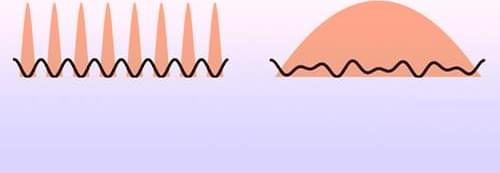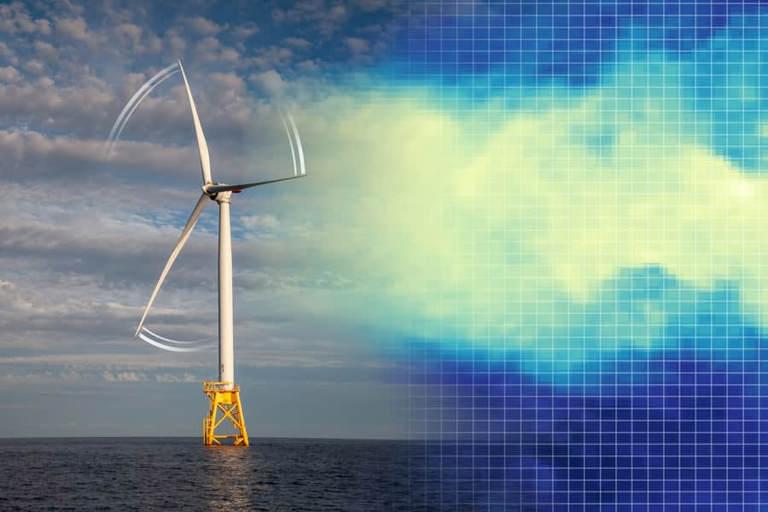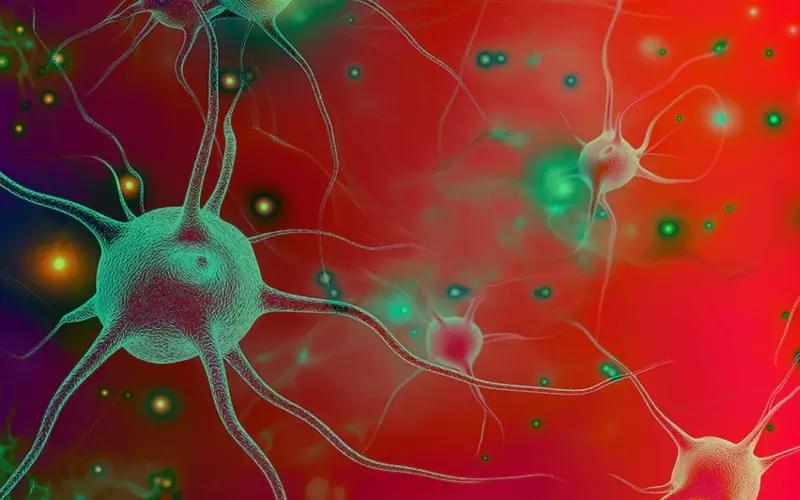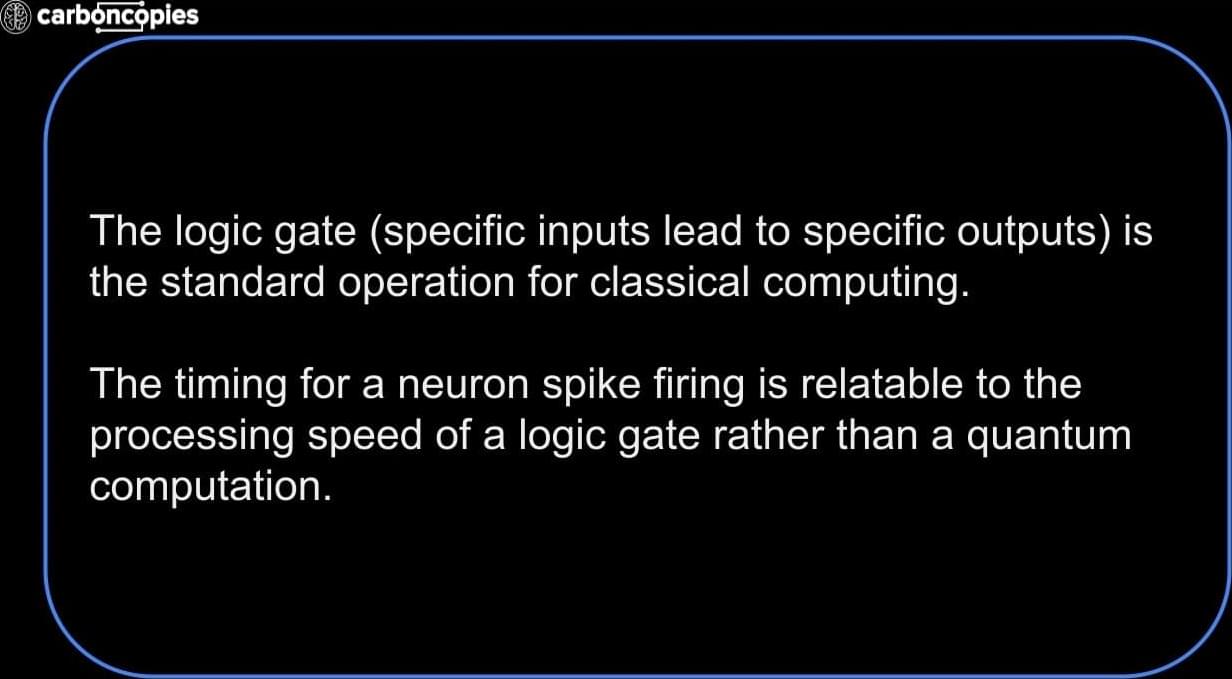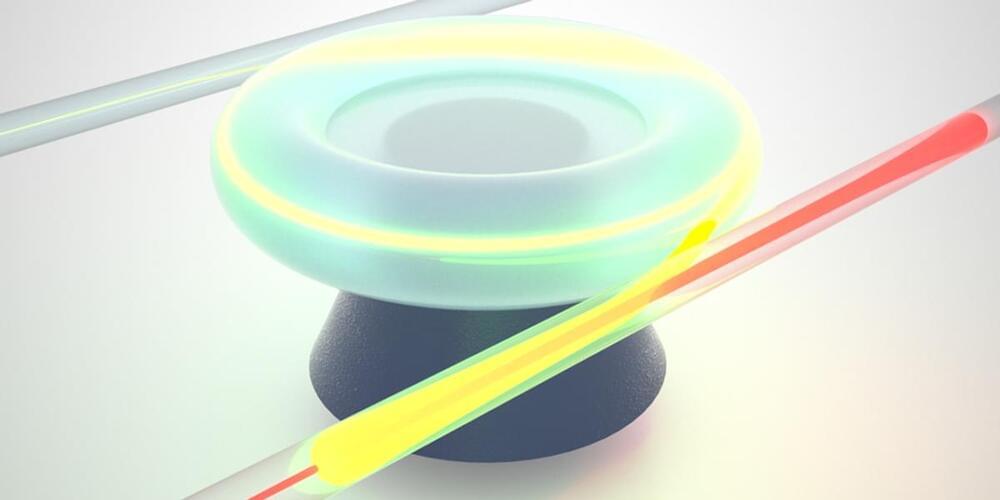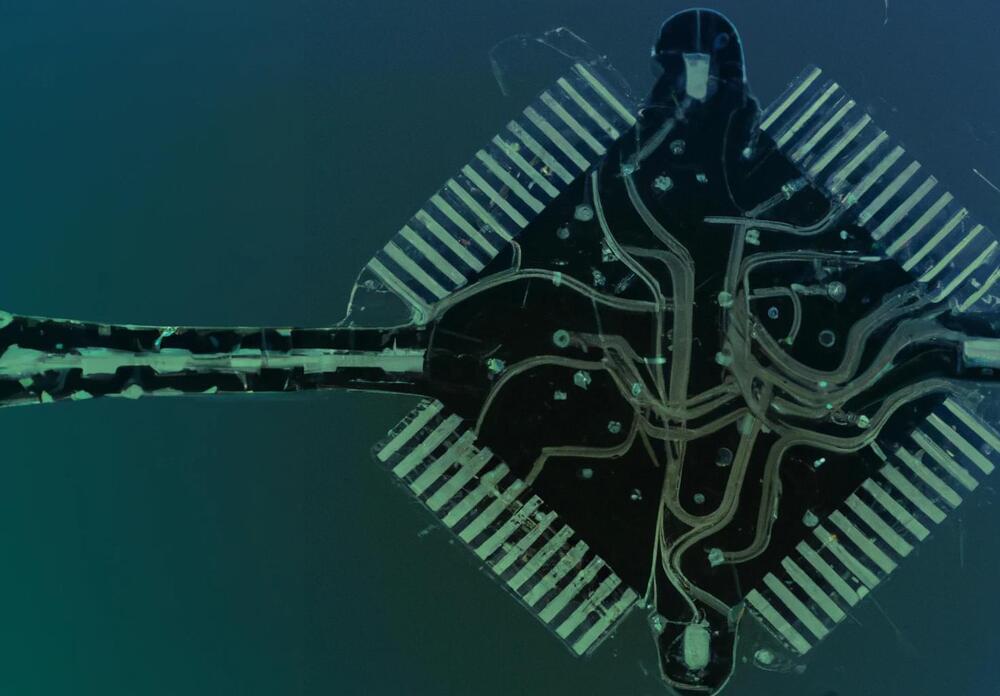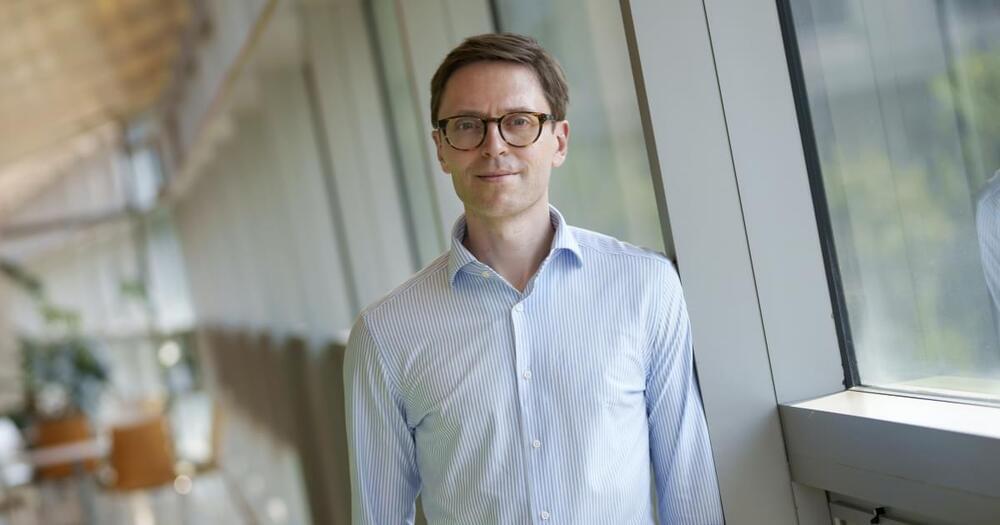Sep 23, 2024
Thermodynamics of frozen stars
Posted by Steve Nichols in categories: cosmology, information science, quantum physics
New study suggests that black holes may not be the featureless, structureless entities that Einstein’s general theory of relativity predicts them to be.
The frozen star is a recent proposal for a nonsingular solution of Einstein’s equations that describes an ultracompact object which closely resembles a black hole from an external perspective. The frozen star is also meant to be an alternative, classical description of an earlier proposal, the highly quantum polymer model. Here, we show that the thermodynamic properties of frozen stars closely resemble those of black holes: frozen stars radiate thermally, with a temperature and an entropy that are perturbatively close to those of black holes of the same mass. Their entropy is calculated using the Euclidean-action method of Gibbons and Hawking. We then discuss their dynamical formation by estimating the probability for a collapsing shell of “normal’’ matter to transition, quantum mechanically, into a frozen star.

